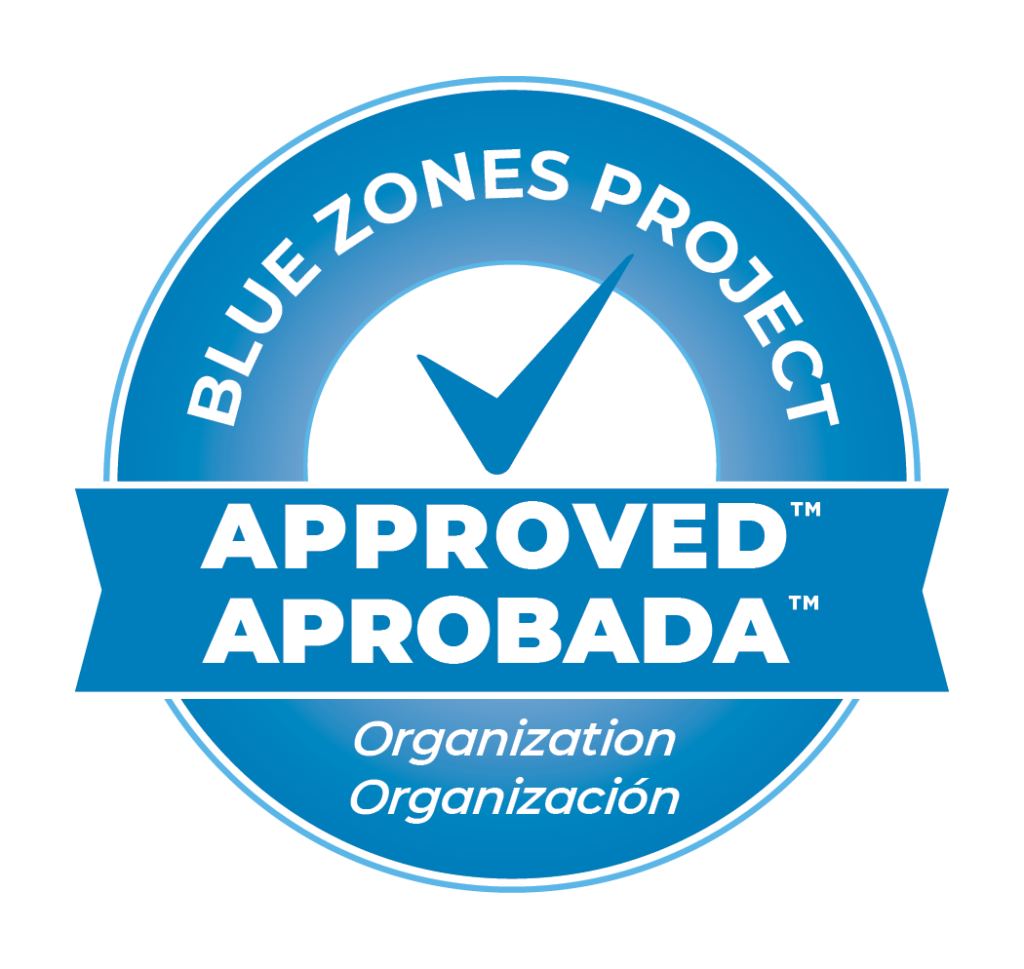[vc_row type=”in_container” full_screen_row_position=”middle” scene_position=”center” text_color=”dark” text_align=”left” overlay_strength=”0.3″ shape_divider_position=”bottom”][vc_column column_padding=”no-extra-padding” column_padding_position=”all” background_color_opacity=”1″ background_hover_color_opacity=”1″ column_shadow=”none” column_border_radius=”none” width=”1/1″ tablet_text_alignment=”default” phone_text_alignment=”default” column_border_width=”none” column_border_style=”solid”][vc_column_text]
By Carly Mayberry, Monterey Herald
Monterey >> The Monterey City Council chewed over four goals addressing affordable housing in what is essentially the city’s long-term development plan, but held off on making any decisions because a councilman was absent.
After a more than two-hour discussion centering around the approval of Monterey’s 2013-2023 Housing Element, the City Council on Wednesday ultimately decided to reconvene on the matter next week.
That was mainly because Councilman Ed Smith wasn’t at the meeting and his approval was important to the other council members. The council had agreed to address the revisions but now will do so at a special meeting at 4 p.m. March 23.
“It’s part of the general plan, and state law requires all cities and counties to have a general plan,” explained the city’s principal planner, Elizabeth Caraker.
Caraker said the general plan is a “blueprint for growth” and one of its mandated elements is housing.
“It’s the only requirement by state law that has to be updated every five to eight years,” she said.
The four goals are:
• Lifting Monterey’s ban on second residential units.
• Allowing under-performing hotel units to provide single-occupancy residency.
• Either legalizing vacation rentals by owner or better enforcing the city’s current ban on them.
• Allowing decoupling, a practice that involves landlords charging tenants less if they don’t have a parking space.
“This document is an attempt to address some of those concerns,” said Councilman Alan Haffa, who initially questioned the decision to wait. “None of these ideas are in stone.”
Caraker was quick to point out that in the case of allowing second residential units, the city would collaborate with individual neighborhoods on the issue.
“It’s important to know that we would go neighborhood by neighborhood to have that discussion,” said Caraker. “At this point, it’s not to lift the ban but just to start the discussion.”
Haffa said his sense of urgency was partly because he’s personally seen those affected by the city’s lack of affordable housing.
“I believe it’s a very serious problem. People are being priced out,” said Haffa, citing friends of his who have been pushed out of their homes in the past two months and are now living in their vehicles. “It affects not only homeless people, but it’s forcing other people into homelessness.”
Councilman Timothy Barrett said second units seemed like a reasonable option, partly because water allocations are already set. Still, Barrett said he preferred to reconvene on the issue.
“It’s difficult for me to separate this procedural issue from the reality of the situation we’re facing. For me the most important aspect is responding to a crisis,” said Barrett. “I’d like to discuss the whole package … and go that way.”
Caraker said it’s about trying to increase ways to construct affordable housing.
“The difficulty is because of water and land restrictions,” said Caraker. “(Previous restrictions) were put into place to protect the character of Monterey, and some people are afraid it would change that.”
Other agenda items at Wednesday’s meeting took little deliberation.
The council unanimously approved $712,500 in community development block grant funds for three rehabilitation projects that will provide transitional housing and services to extremely low-income individuals.
The grants include $450,000 for four habitable units to the Veterans Transition Center of Monterey County; $200,000 to affordable housing agency Interim Inc. for a respite facility for homeless individuals who had been in the hospital; and $62,500 to affordable mental health/substance abuse recovery agency Community Human Services.
The council also unanimously approved a contract change order of $800,000 for the Monterey Conference Center Renovation Project to include the Jeffers Plaza Renovation.
Carly Mayberry can be reached at 831-726-4363.
[/vc_column_text][/vc_column][/vc_row]




